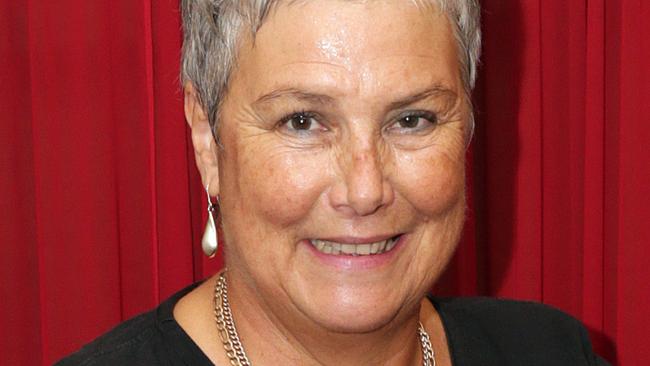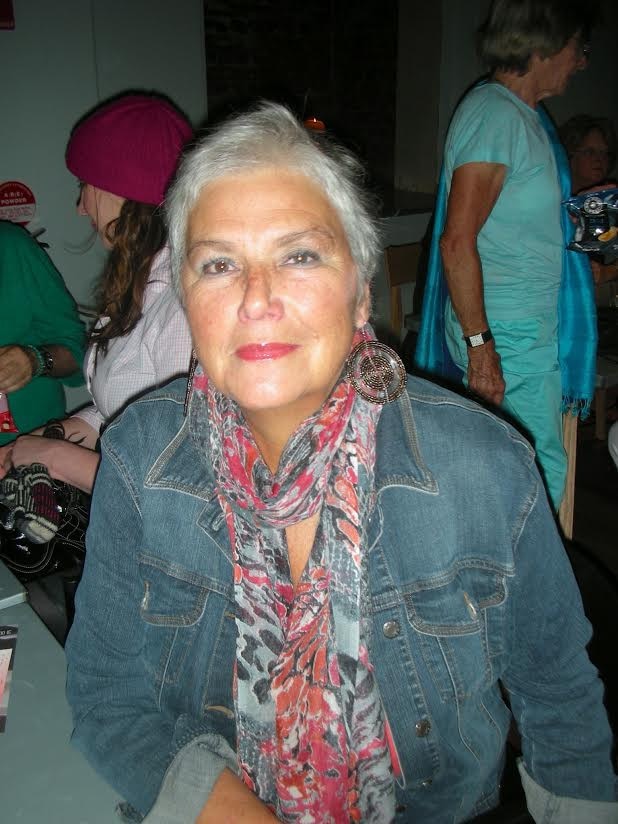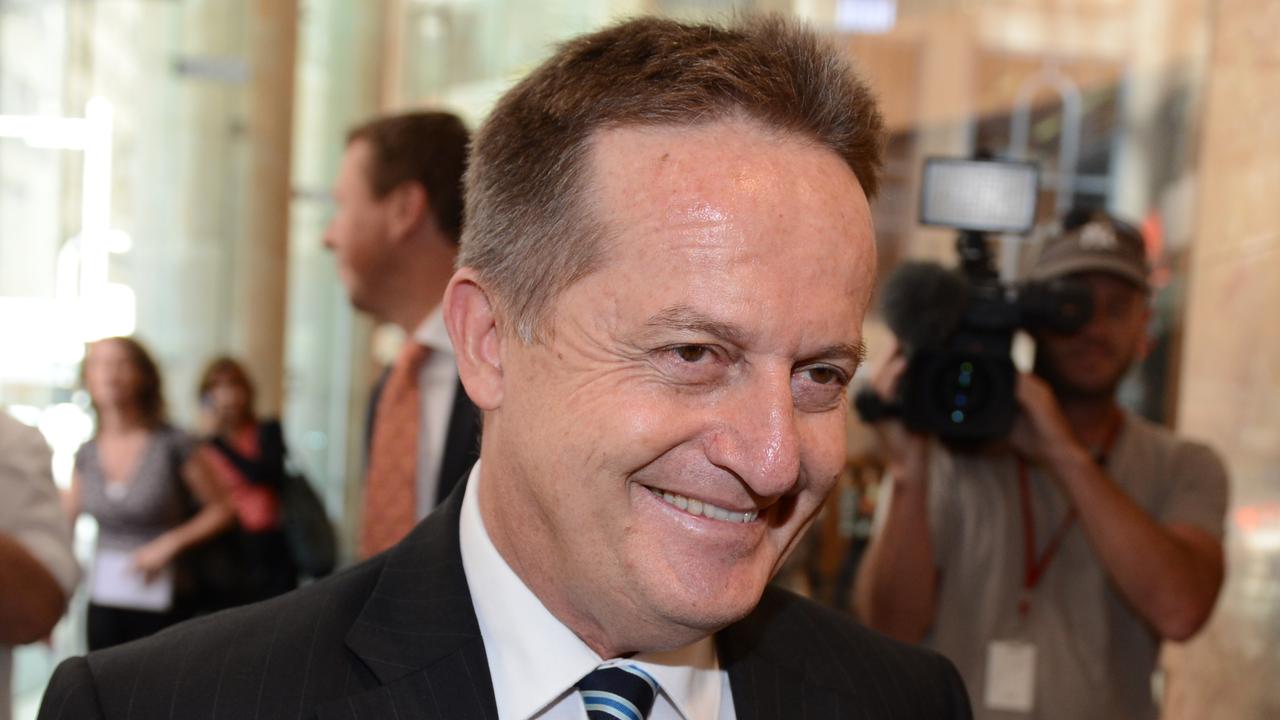‘Woke’ Sydney Theatre Awards create a drama
A co-founder of the Sydney Theatre Awards has attacked the organisation’s elimination of male and female acting categories as ‘woke’ and ‘downright offensive’.

A co-founder of the prestigious Sydney Theatre Awards has attacked the organisation’s elimination of male and female acting categories as “woke, PC” and “downright offensive”, and revealed how she resigned over the switch to gender-neutral prizes for drama and musicals stars.
Veteran theatre critic Diana Simmonds noted that while awards bodies including the Oscars and the Golden Globes were lifting their game by becoming more diverse, “in Sydney, however, things have gone another step into full-on La La Land’’.
During the Covid pandemic, the Sydney Theatre Awards were restructured and, claimed Simmonds, “the very successful baby was thrown out with the bathwater, in an attempt to be woke, PC and otherwise downright offensive’’.
The 2022 awards, announced last Monday, featured six gender-neutral acting prizes across main stage, independent and musicals productions – a sharp decrease from the 12 acting prizes available before 2021, when male and female categories were being used. An additional prize for best acting newcomer has been unaffected by the changes.
A spokesperson for the awards said these reforms were implemented in 2021 after it was decided “that the system of dividing performers into two groups (male and female) and ignoring a third group’’ – gender non-conforming performers – was “exclusionary”.
With other theatre critics, Simmonds helped establish the awards in 2005, while she was reviewing for The Sunday Telegraph.

A former arts editor of The Bulletin, she told The Australian that when the decision was made two years ago to effectively halve the number of acting awards by offering only one degendered prize in each performance category, “I just couldn’t believe it’’.
She decided to write and speak publicly about her resignation, which was sparked by the move to gender-neutral acting gongs, when she saw “the results” of the 2022 awards.
“If a woman wins, then the men are cheated,’’ she said. “If a man wins, then the women are cheated. We need more awards, not fewer.’’
Simmonds’ protest comes as the UK’s leading music prizes, the Brit Awards – which went gender-neutral in 2021 – faced a backlash over its all-male line-up of nominees for the best artist category. This year, all five nominees in that category – Stormzy, Central Cee, Fred Again, George Ezra and Harry Styles – are male.
This is despite the awards eliminating gender categories in 2021 in a bid to be more inclusive, especially towards non-binary artists such as Sam Smith.
In her Stage Noise blog, Simmonds wrote that “the most obvious change (to the Sydney Theatre Awards) was to cease awarding ‘best’ to males and females and instead reduce the categories to one prize chosen from a shortlist of actors … There didn’t appear to be a good reason to make only one award, not least because Sydney theatre is woefully short on public recognition and prizes.’’
She added: “While being inclusive and non-discriminatory are long overdue social corrections, it’s a bit rich that a tiny … yet deafeningly vocal minority of the gender diverse is bulldozing the greater majority into submission for fear of being seen as one or other kind of phobic. The fact is, however, when it comes to these awards, all over Sydney there are disgruntled theatre folk muttering the above but (who) don’t dare say it aloud: it’s not right and it’s ridiculous.’’
Simmonds highlighted her blog article on Facebook and prominent theatre identities including playwright Justin Fleming and performers Phil Scott, Bernadette Robinson and Darren Gilshenan supported her comments.
Gilshenan was shortlisted for the 2022 Sydney Theatre Awards in the best performer in a main stage production category, for his widely-acclaimed turn in The Ensemble Theatre production of Harold Pinter’s The Caretaker.
He was beaten by Heather Mitchell, who took out the prize for her portrayal of US Supreme Court judge Ruth Bader Ginsburg in the one-woman play, RBG: Of Many, One, for the Sydney Theatre Company. Mitchell’s performance also wowed the critics.
Simmonds said the decision to award Mitchell this key prize “could not be faulted” as the actor’s performance was “once-in-a-lifetime extraordinary”. But axing the best male actor category meant Gilshenan and other male nominees “were deprived of the chance to go home with a token of their achievements’’.
She added: “Men and women bring different qualities to a stage and a performance. To favour one gender over the other (AKA plain old sexism) or to eliminate one by choosing the other … is to negate roughly 50 per cent of the population.’’
The spokesperson for the theatre awards – which are now decided by critics and panels of industry professionals – said the volunteer-run body has “always aimed at being inclusionary … When several people approached the panel in 2020 to broach the subject of gender issues in the awards, we listened and agreed that the system of dividing performers into two groups and ignoring a third group was exclusionary.
“All other award categories were not gendered … why should this exist for performers?”
The spokesperson said the new system was first implemented for the 2021 awards and “we received not one complaint last year’’.




To join the conversation, please log in. Don't have an account? Register
Join the conversation, you are commenting as Logout